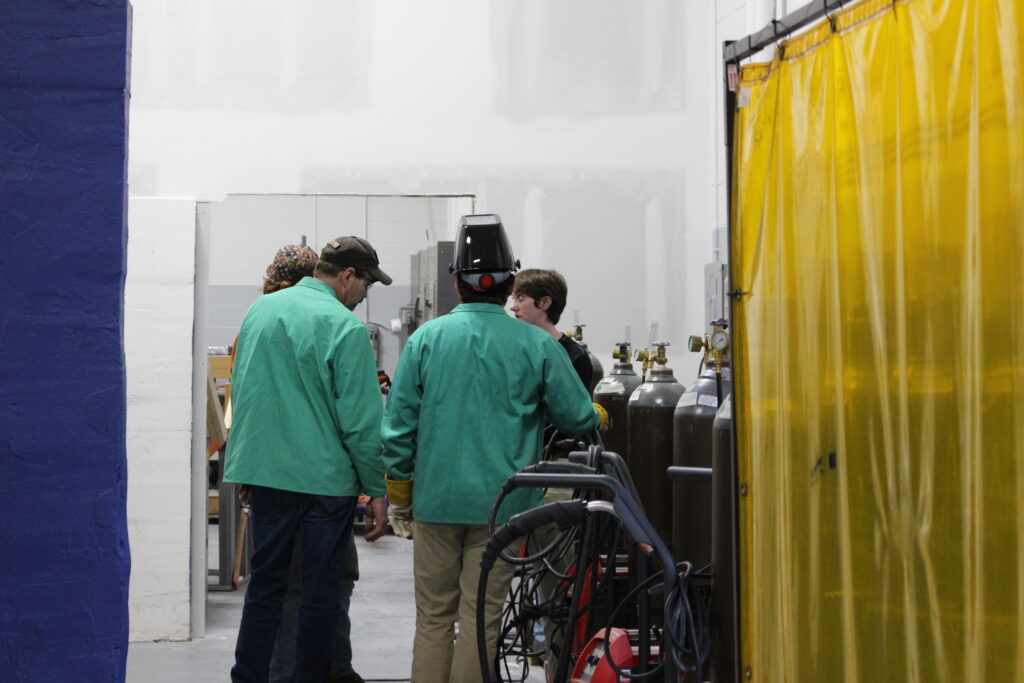You can’t engage in a very long conversation with a construction company owner without inevitably hearing about their struggles recruiting and keeping good employees. They often complain about the lack of skilled job applicants and conclude this generation of young adults aren’t loyal and are not hard workers. But are these perceptions true or is this just grouching from the old get-off-my-lawn bosses?
Recruiting Means More Than Posting a Job Online
Many construction company owners suffer from unrealistic expectations. They believe posting an available position on Indeed will result in dozens of qualified and skilled applicants just dying to work for them. They assume that the most important function that will determine their business’ success—skilled talent—can be solved with a primitive passive approach.
Consider legendary University of Alabama football coach Nick Saban. While his seven national championships are a natural and compelling tool to recruit blue chip players from across the country, Saban doesn’t assume that the best players will just show up at his door. He and his staff invest incredible time, energy and resources to identify the best players and convince them of why they should want to play for Alabama. Is your recruitment and hiring process a marketing and outreach effort designed to convince the best talent why they should want to join your team, or is it more like a shotgun approach of seeing who will show up when you post a $200 ad?
The Best Talent May Not Be Skilled
The best long-term employees are often those who have a great attitude and work ethic, yet may not have the immediate job skills. Those people are worth hiring.
New employees are rarely plug-and-play. Expecting an abundance of perfectly-aligned skilled talent to walk in the door as soon as you need them is unrealistic. The best employee leaders are those who worked their way up your company ladder, gaining important skills and progressing in their careers within your company.
Business owners who don’t have a progression plan for employees to take on additional leadership roles within your organization aren’t really an appealing landing spot for anyone but the least motivated workers. Many companies aren’t investing in their own employee training, but expect other businesses will train their future employees—that’s a poor success strategy.
There’s nothing wrong with recruiting some members of your team from competitors. But if poaching is your primary strategy for building your company talent, chances are you might not be getting the best. If an employee is willing to leave a company who has invested in their training, loyalty may not be among their greatest traits. As soon as the next guy down the street offers more money, is your new employee going to leave you, too?
A Quality Workforce Requires Training
At SEMCA, we’ve witnessed companies paying their entry-level employees $15 an hour and then not contributing anything towards their training expenses. If the apprentice’s employer wasn’t an active investor in their development, why should the employee stay? They likely won’t. The company isn’t building trust and connection with employees, and then complain there is no loyalty when they leave for greener pastures.
What Can You Do To Help Solve Your Skilled Labor Problems? You Should:
- Recruit future employees from your network or social circle.
- Look for prospective employees who have the right values—hard work
- and loyalty. Expect to train the
- proper skills.
- Be intentional about investing in ongoing training and development at all levels of your organization.
- Pay a fair and competitive wage.
- Help employees understand the advantages of working for your company.
- Develop your talent from within. Create a clear path of advancement for all employees.
- Build personal relationships with your team members. Demonstrate genuine care and concern by understanding their personal needs and challenges.
























